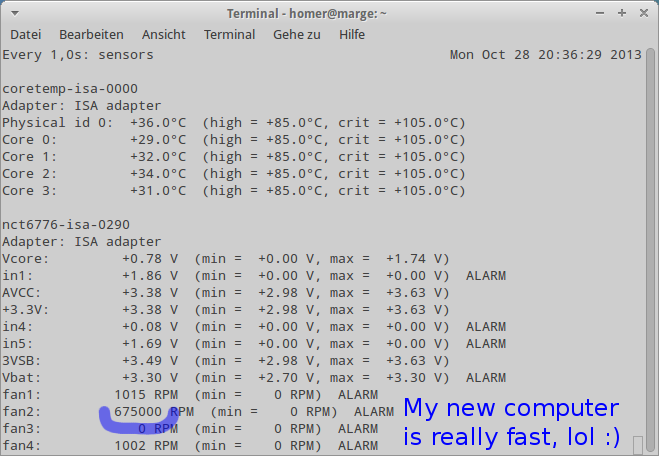std::remove_if in C++03? 00:00 - 08:0008:00 - 10:0010:00 - 12:0012:00 - 14:0014:00 - 18:0018:00 - 20:0020:00 - 21:0021:00 - 22:0022:00 - 00:00
user1804599
user1804599
user1804599
user1804599
user1804599
user1804599
user1804599
user1804599
user1804599
user1804599
user1804599
user1804599
user1804599
user1804599
user1804599
user1804599
user1804599
user1804599
user1804599
user1804599
user1804599
user1804599
user1804599
user1804599
user1804599
user1804599
user1804599
user1804599
user1804599
user1804599
user1804599
user1804599
user1804599
user1804599
user1804599
user1804599
user1804599
user1804599
user1804599
user1804599
user1804599
user1804599
user1804599
user1804599
user1804599
user1804599
user1804599
00:00 - 08:0008:00 - 10:0010:00 - 12:0012:00 - 14:0014:00 - 18:0018:00 - 20:0020:00 - 21:0021:00 - 22:0022:00 - 00:00


